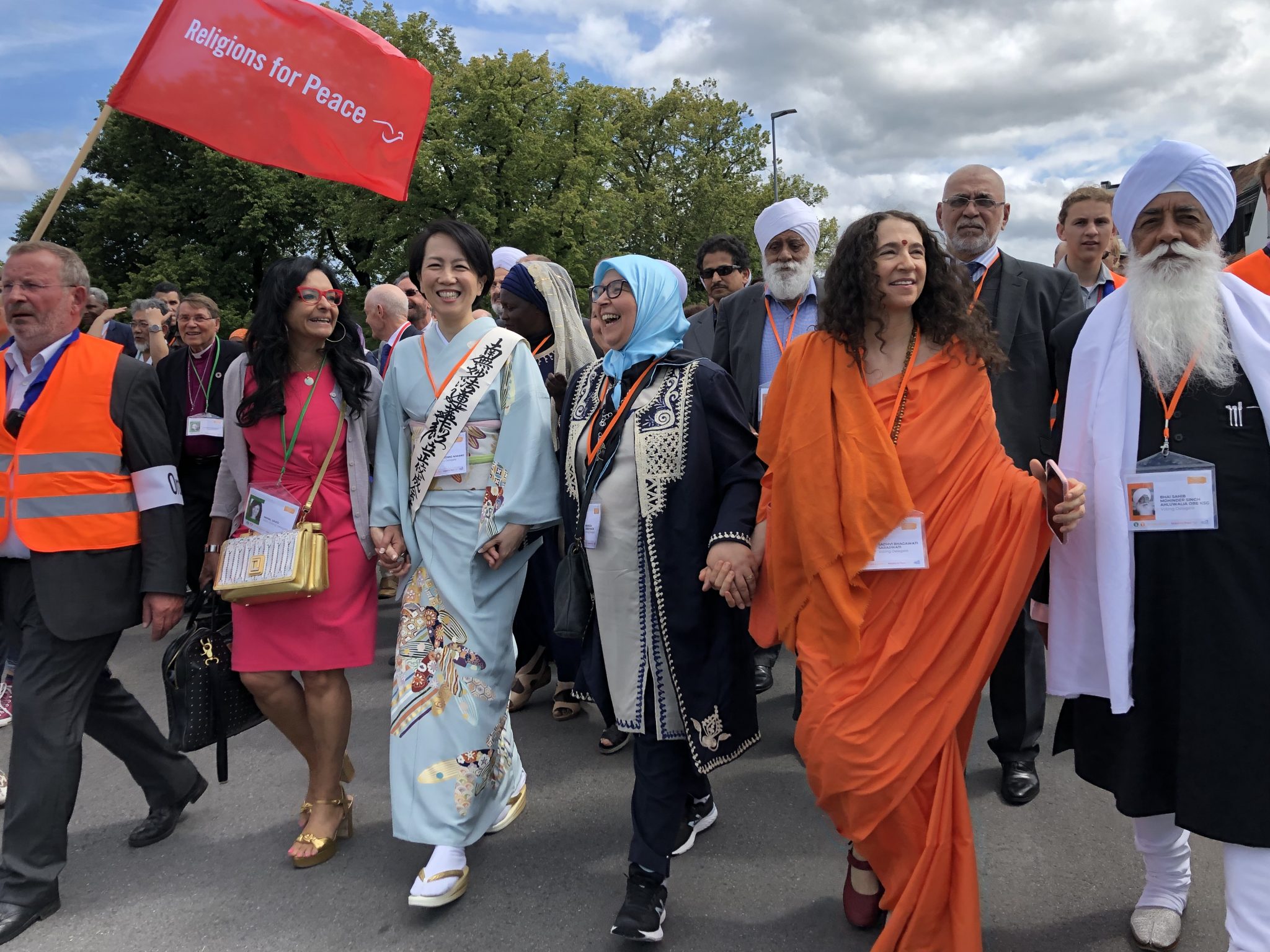Women of Faith: The Leaders Our World Needs
October 16, 2020Women disproportionately suffer the consequences of violent conflict, poverty, lack of education, and restrictions on their freedoms (including freedom of thought, conscience and religion).
Yet they are the first to respond in situations of social and political unrest. In public health crises, in public offices, in micro enterprises, in over one third of all households, as well as in religious and secular civil society, women form the bulk of those providing the necessary services as well as the nurture and resilience within diverse families. Many of these women are motivated and strengthened by their faith, and work alongside many male leaders. Yet, their stories, knowledge, and expertise is little-known in mainstream media, by governments, and in the spaces where decisions are made.
The role of women in peace and security is now mainstream, thanks to myriad international efforts, which are being marked this year around UNSC Resolution 1325 and the Beijing Platform for Action’s 25th anniversary and review. Nevertheless, the role of faith in women’s public lives, and the specific contributions of women of faith alongside their counterparts, remain underrepresented and even invisible in diplomacy and policymaking.
Women of faith peacebuilders, at an individual level, mirror Religions for Peace’s effective and inclusive approach to finding solutions to the world’s most urgent and cross-cutting challenges. Women of faith, much like Religions for Peace, often work behind the scenes to creatively build peace through sustained faith-inspired relationship building, reaching across lines of difference, including in tense environments. This is one of the many models which may hold promise for renewed, refined and urgent diplomacy desperately needed in this moment of global pandemic, as the world’s most pressing challenges become increasingly interlinked.
Religions for Peace, partnering once again with the Foundation Peace Dialogue of the World Religions and Civil Society (Ring for Peace), and the German Ministry of Foreign Affairs, intends to shed light on how faith inspires in diplomatic spaces, by focusing on the diverse forms of expertise leveraged in decision-making and leadership.
The first Assembly on “Women, Faith and Diplomacy: Keeping the Faith and Transforming Tomorrow”, will provide a unique platform to diverse stakeholders from media, diplomatic corps, civil society, academia, and international development sectors. The convening will equip faith-inspired women and men, youth cohorts, and multi-religious communities, with knowledge and analysis, connectivity and narratives, linking religions to peace and security, sustainable development, and human rights.
The Assembly will identify challenges, nuance responsibilities, and showcase successes in peacebuilding, international relations, as well as sustainable development. Diplomacy in this context will shed light on informal structures and multiple strategies of negotiation and mediation, in which many women of faith often play essential roles to build peace, advance human development and uphold and protect human rights.
From 10-13 November 2020, thousands of religious leaders, diplomats and representatives from civil society, governments, and academic institutions will gather virtually for the assembly, with a core team in Lindau, Germany, where the Assembly will be live-streamed.
The Assembly organisers are guided by an international Advisory Council and a Planning Committee of global, high-level religious and institutional leaders. The Programme will focus on key themes related to peace and security (including mediation and reconciliation), human rights (including gender-based violence and human trafficking), and development (including climate change and interreligious education). The program will feature regional spotlights, prominent faith, political and media leaders, interactive interviews, and audio-visual panels.
